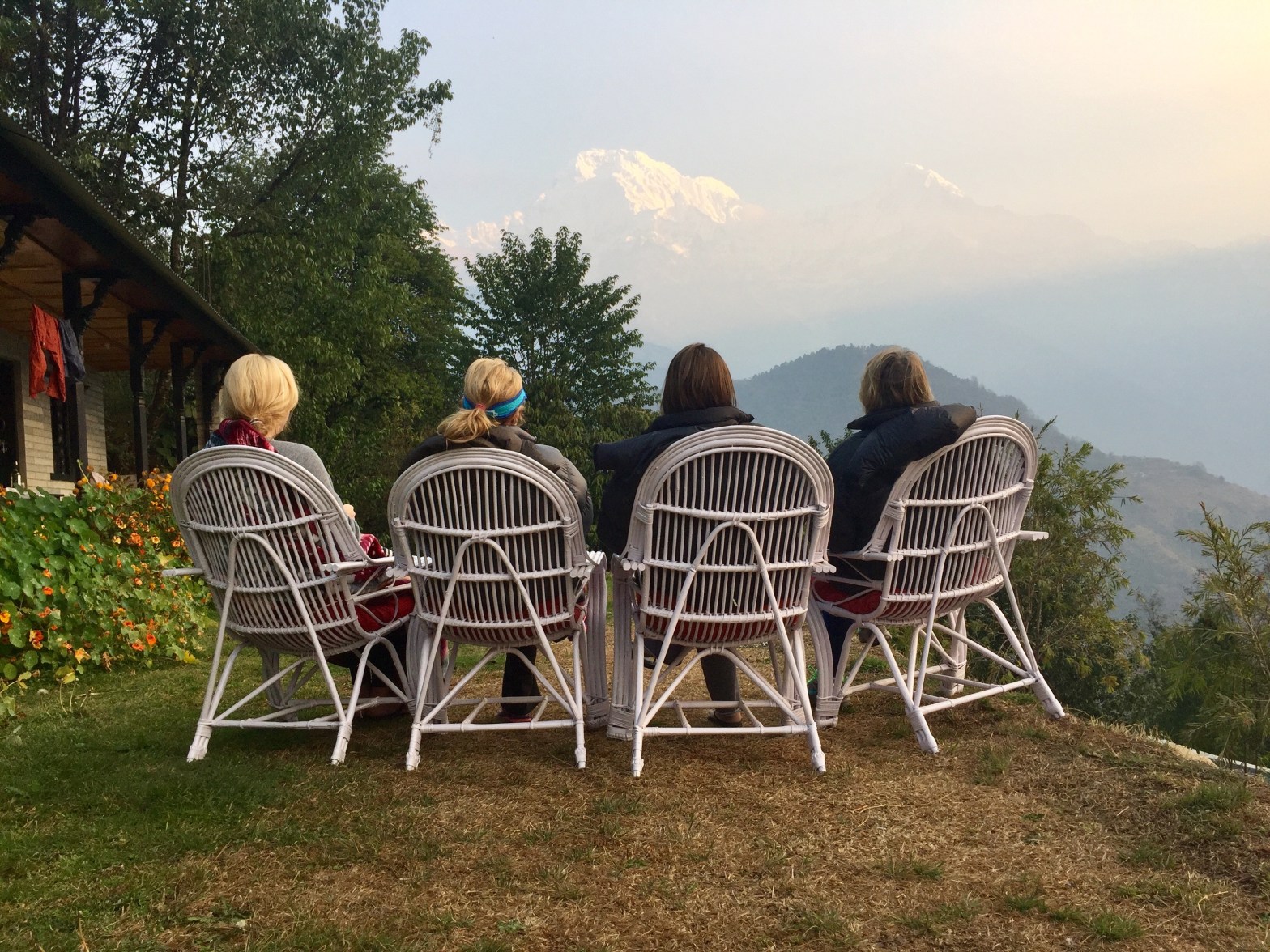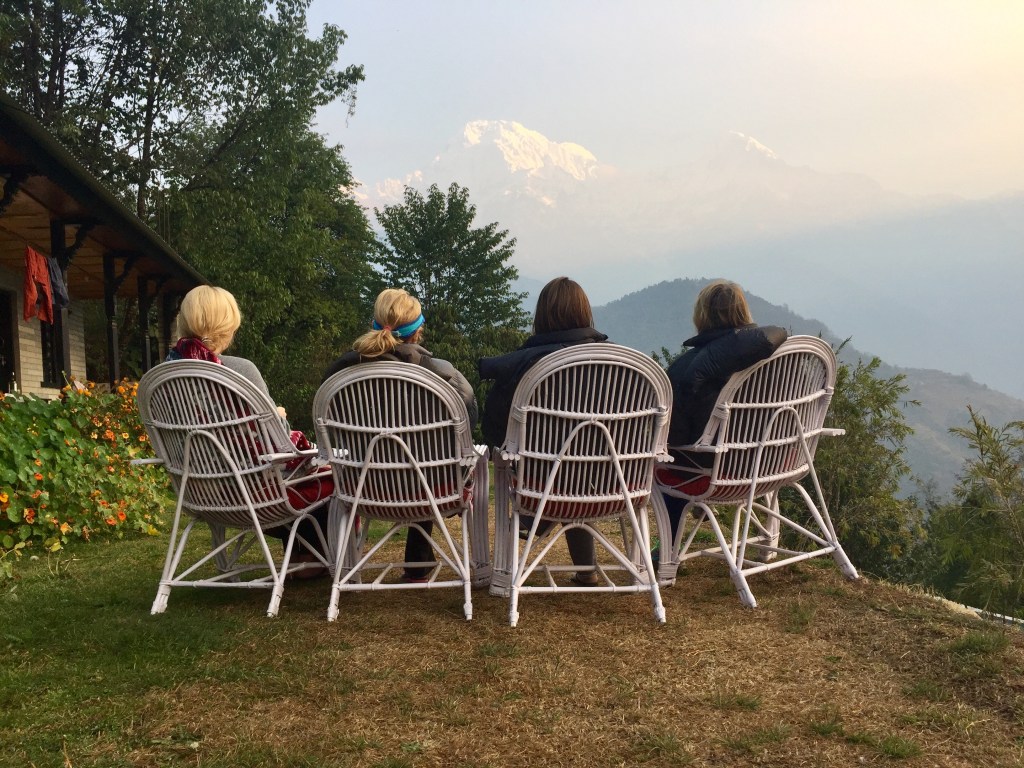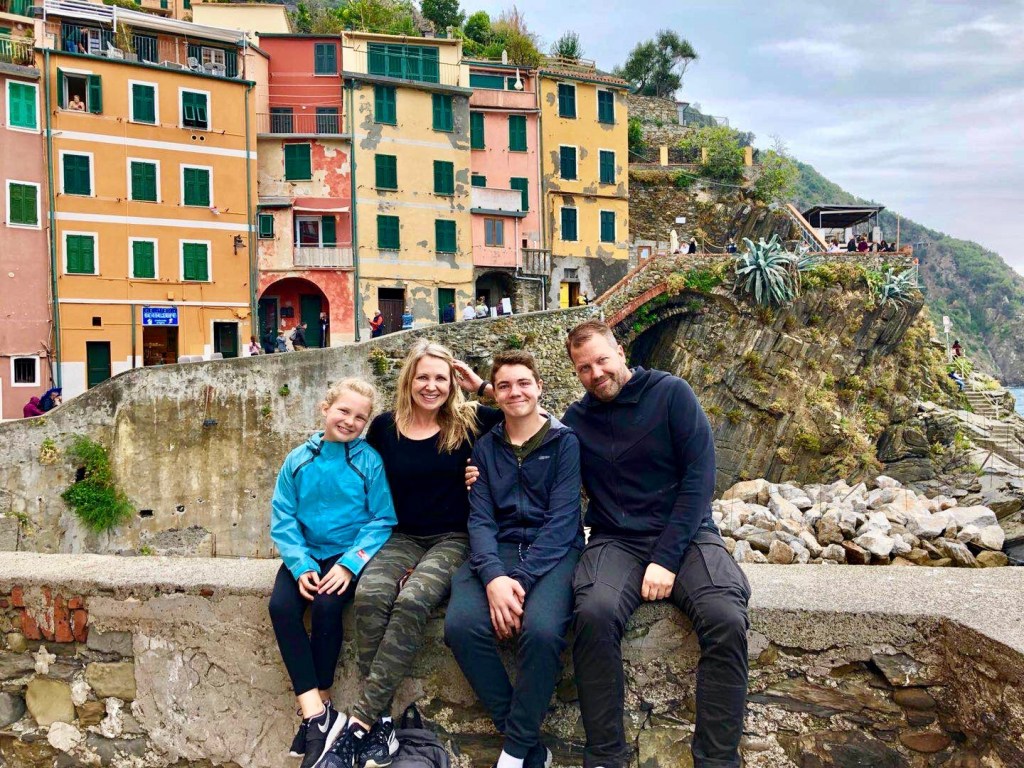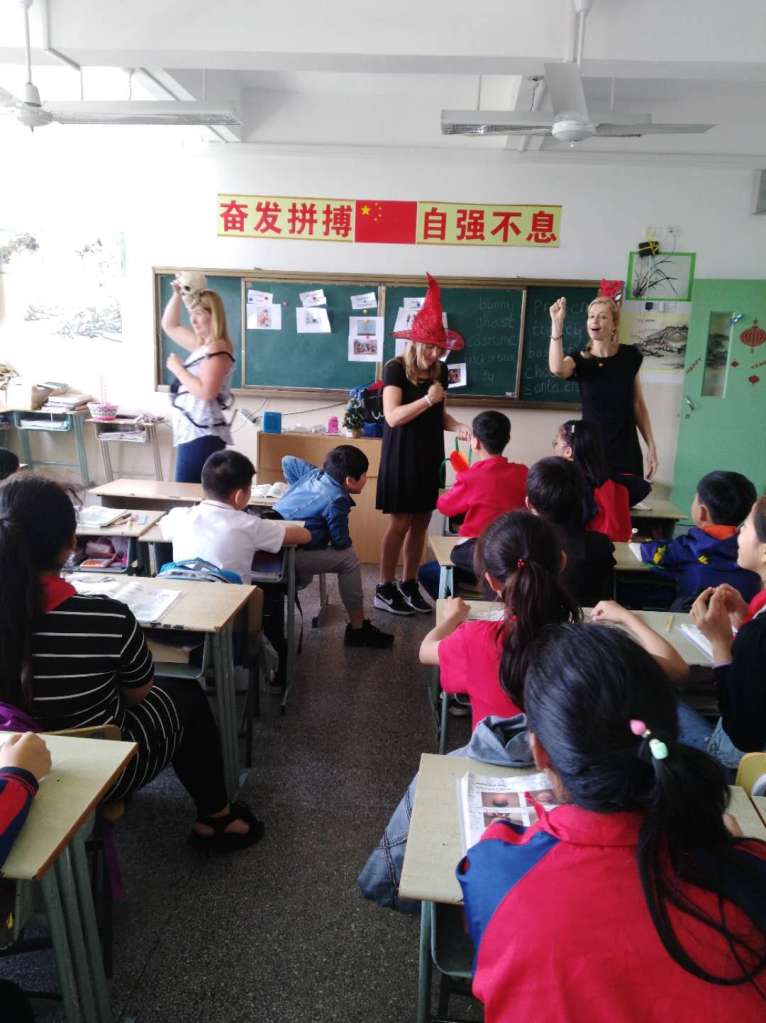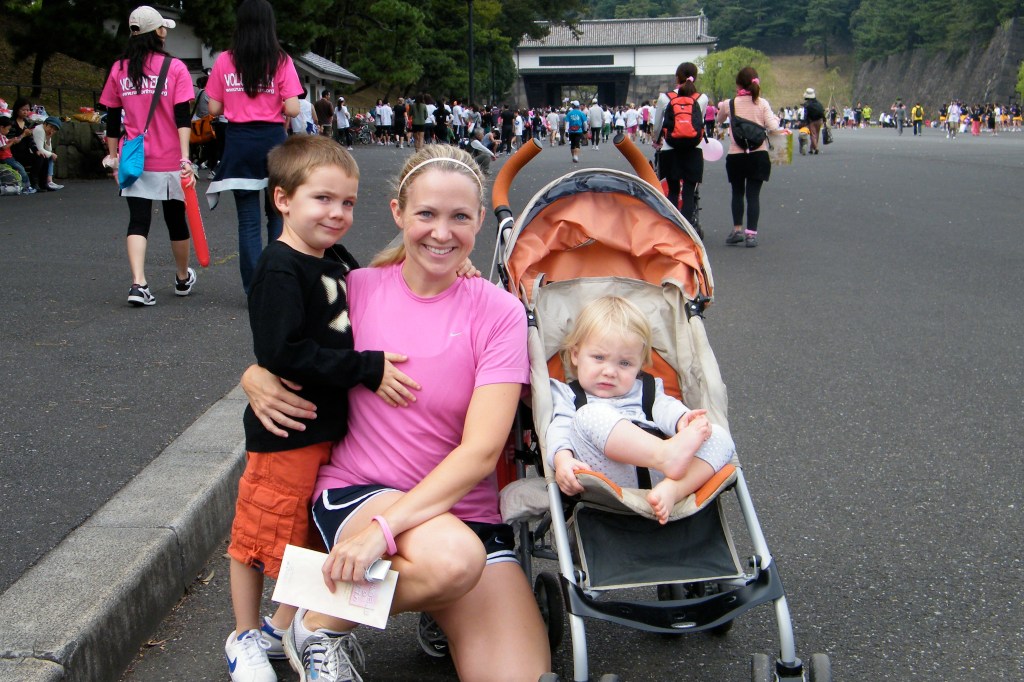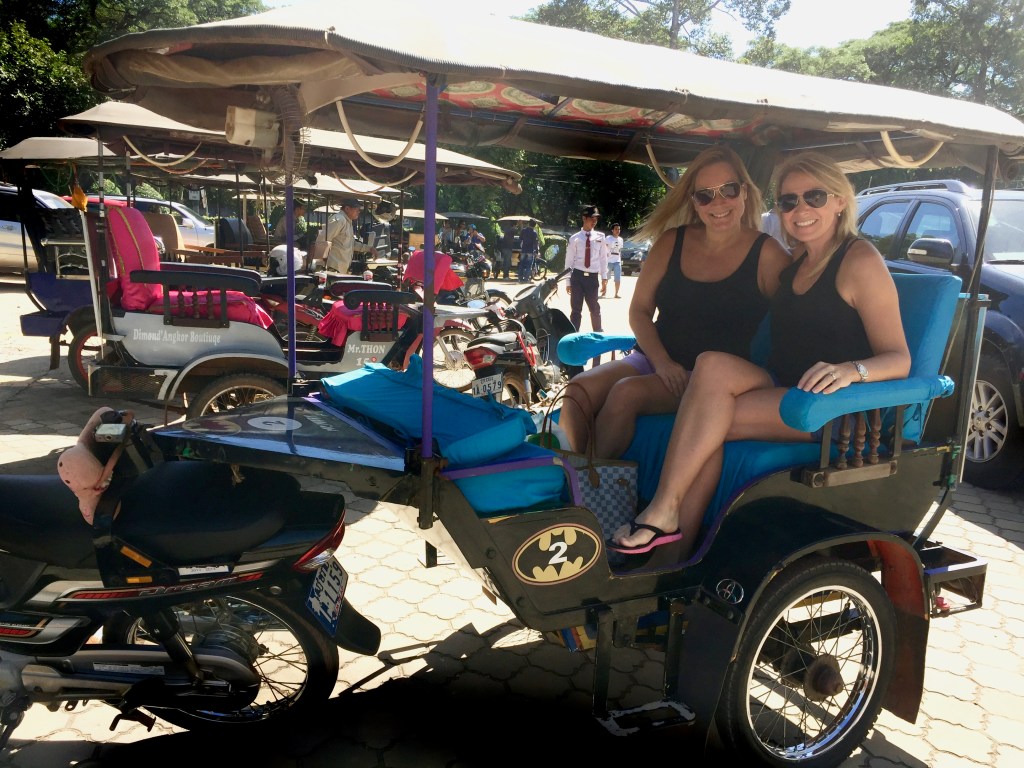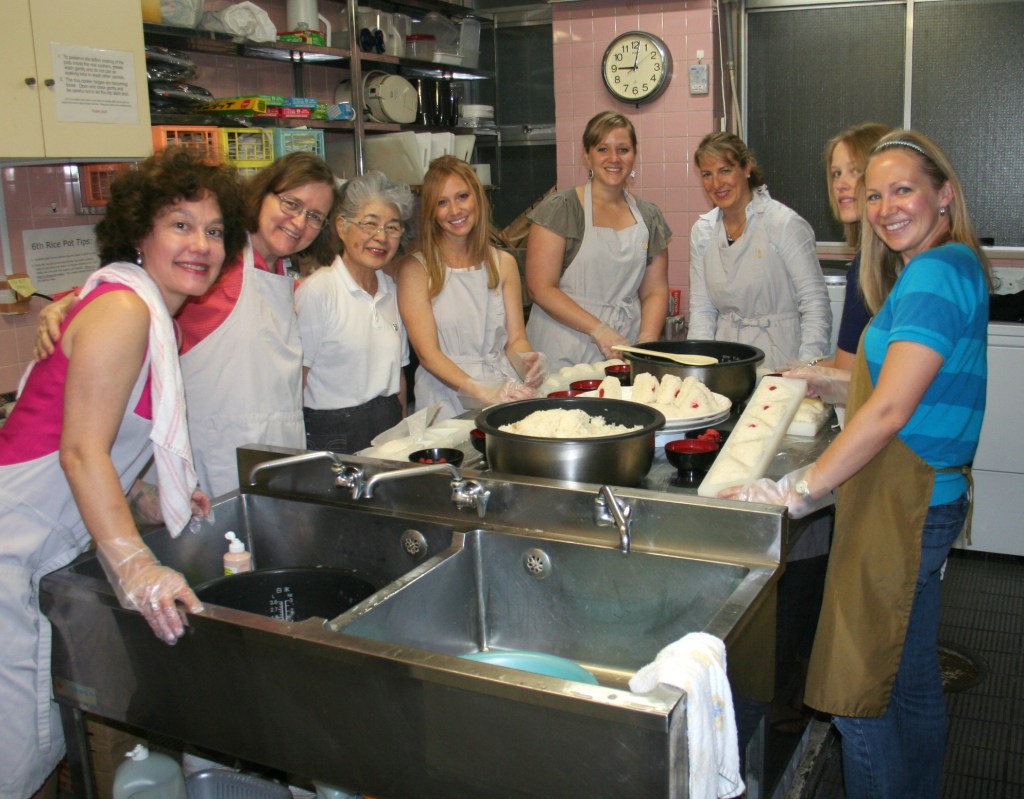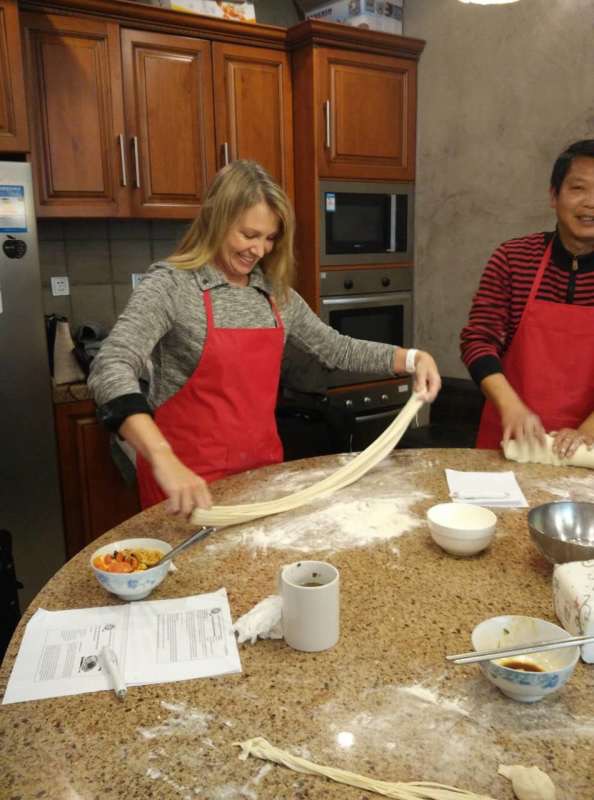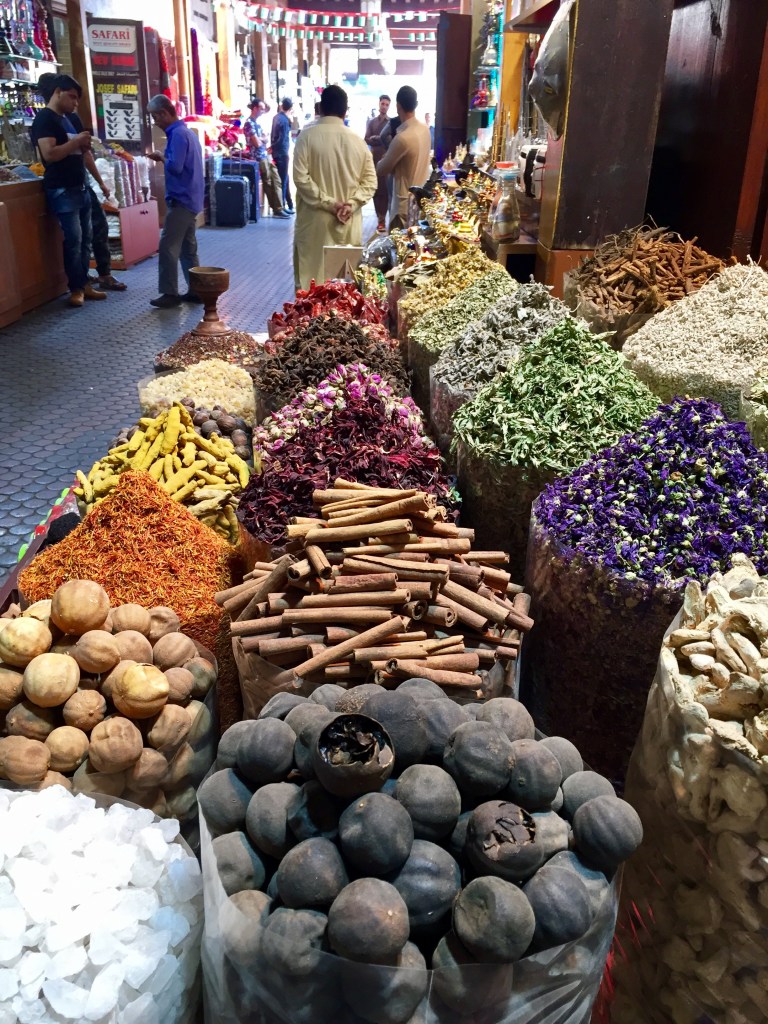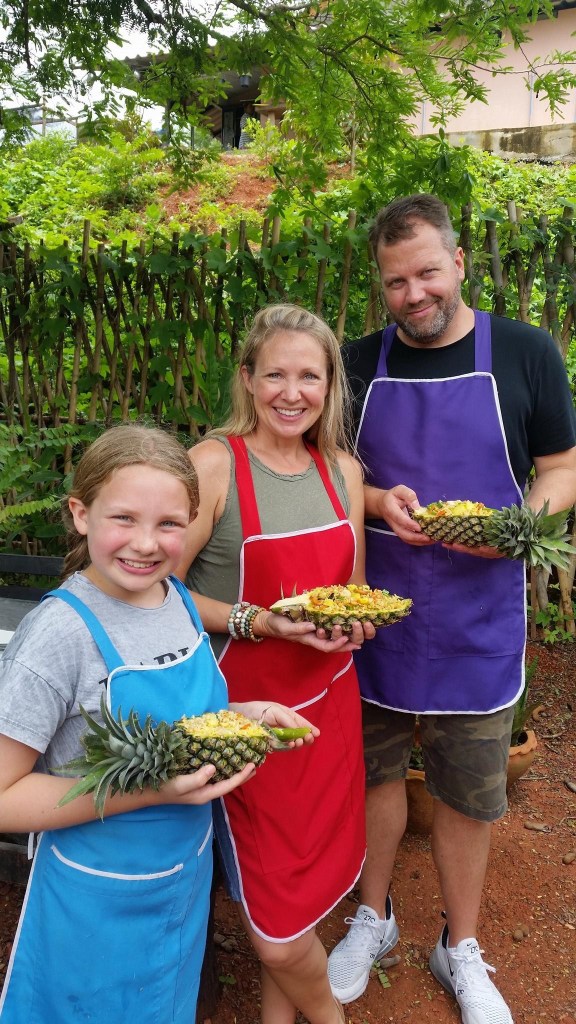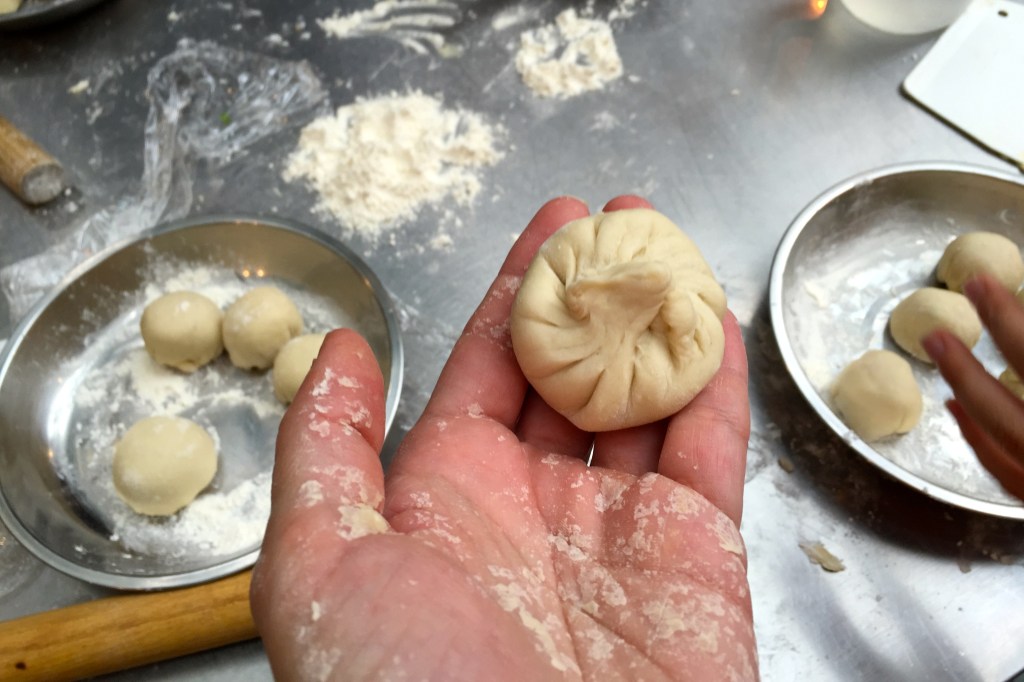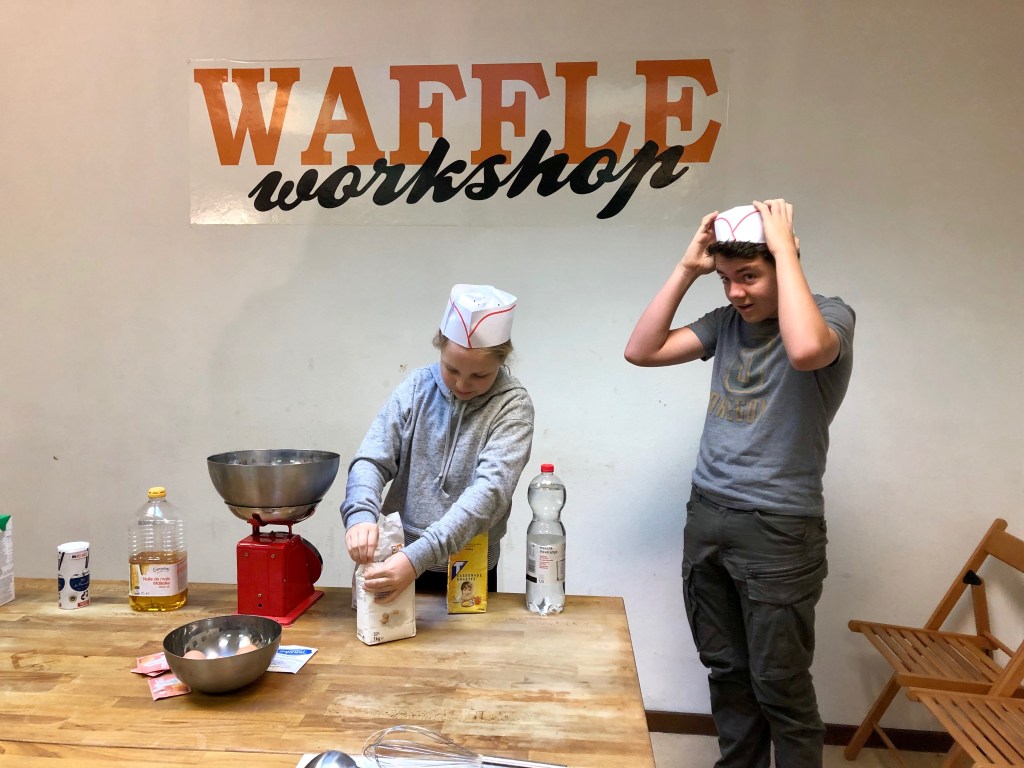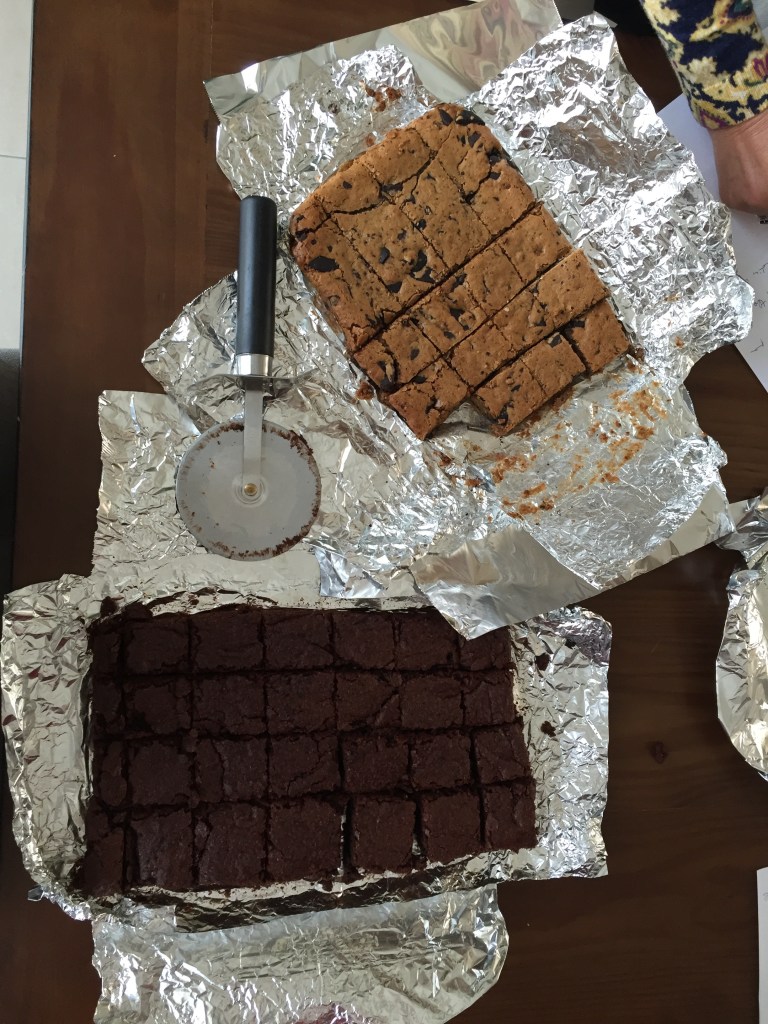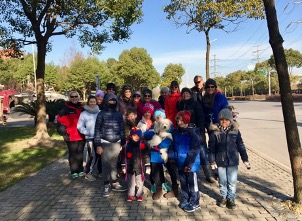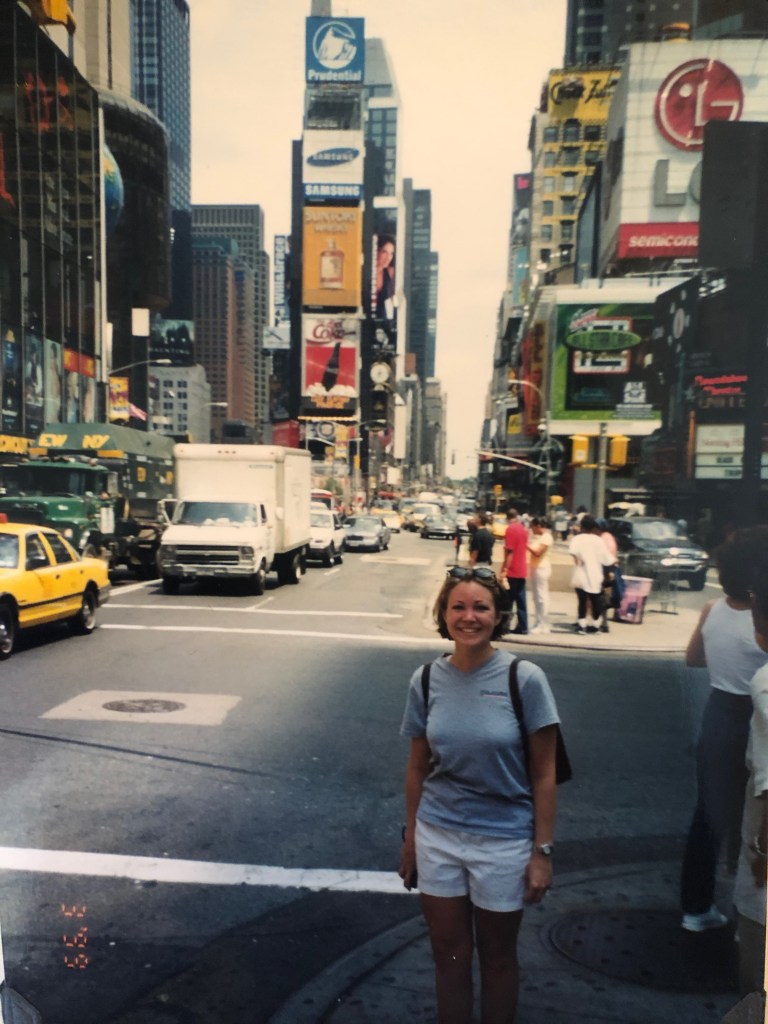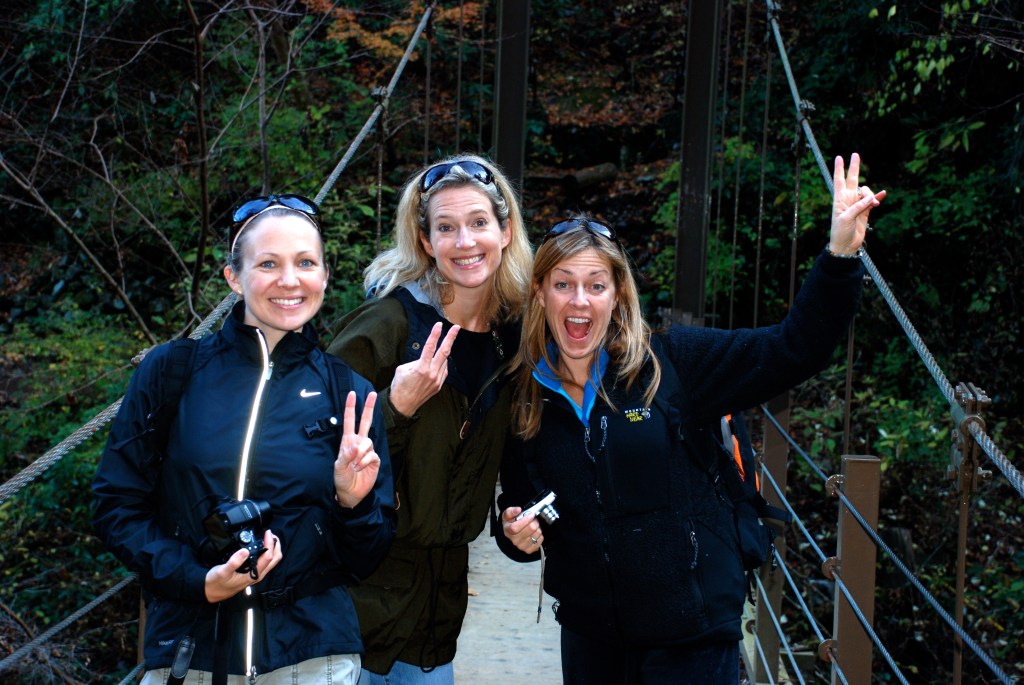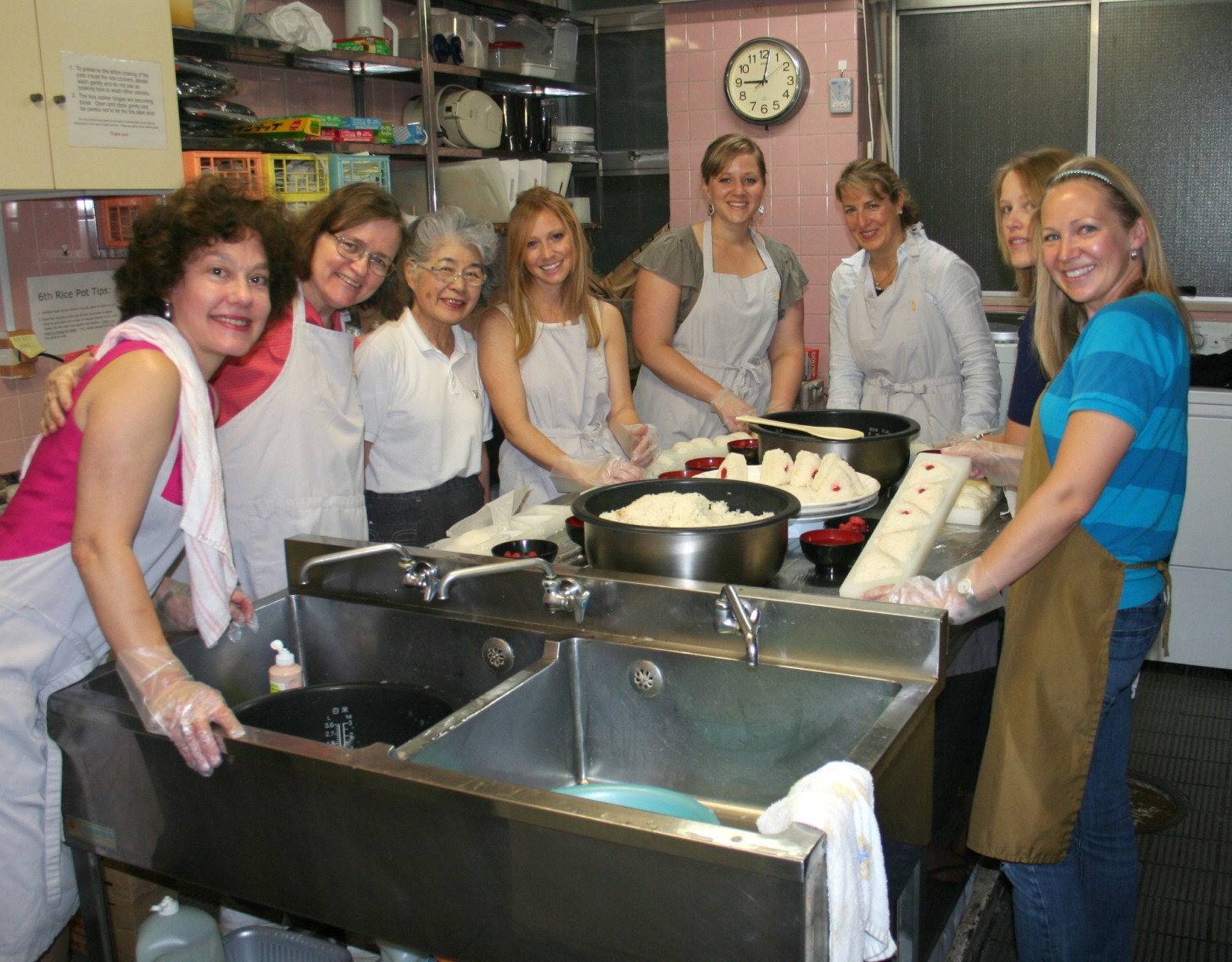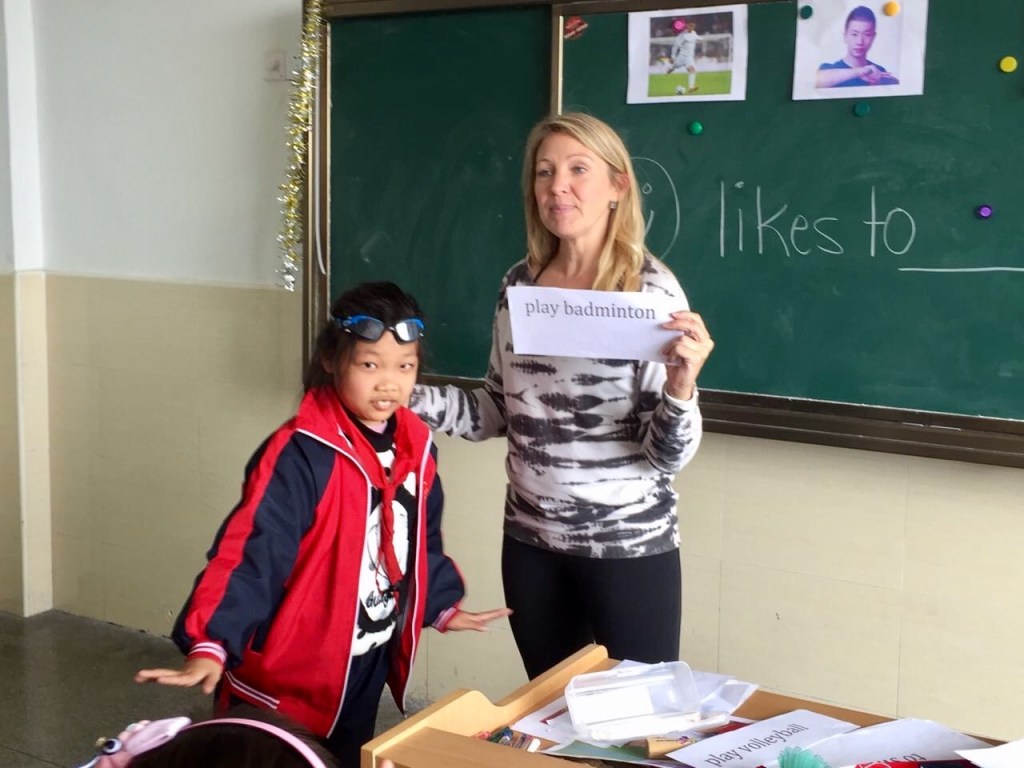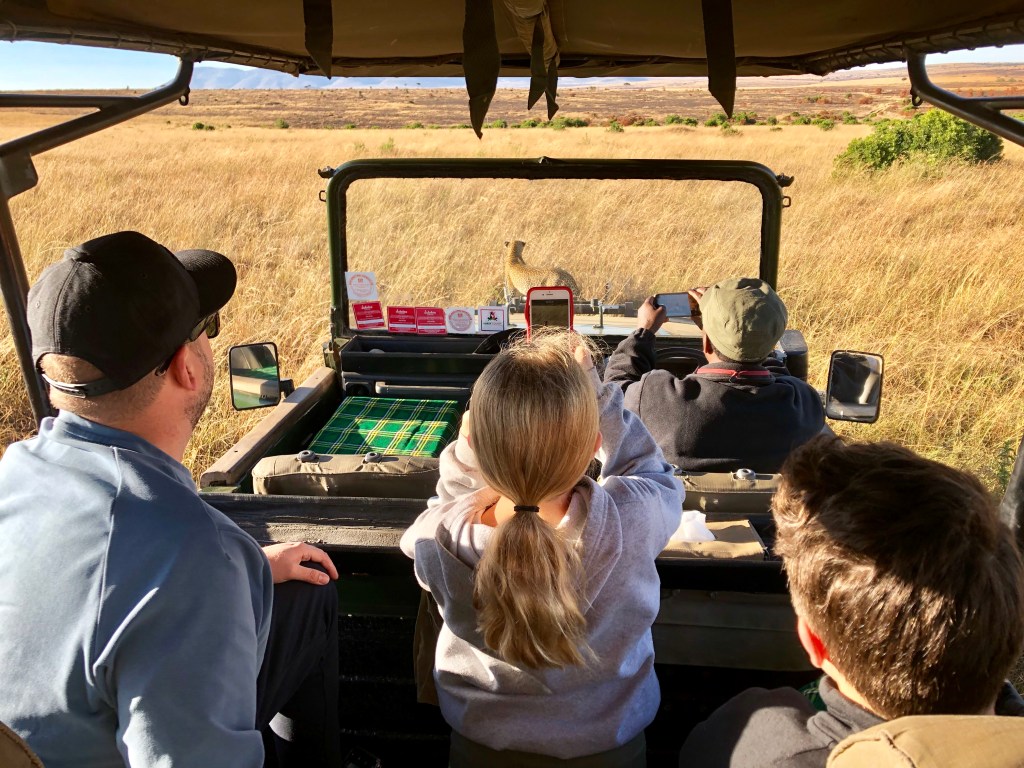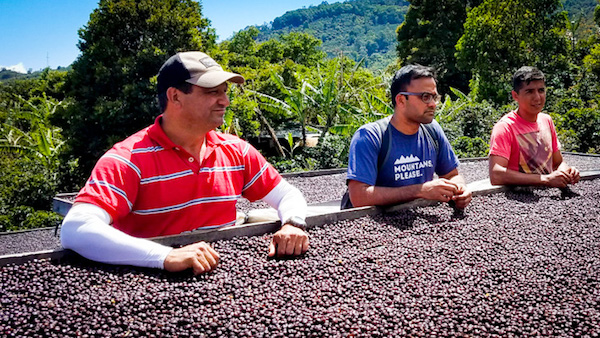Originally published on Trailing-Spouse.com September 2021
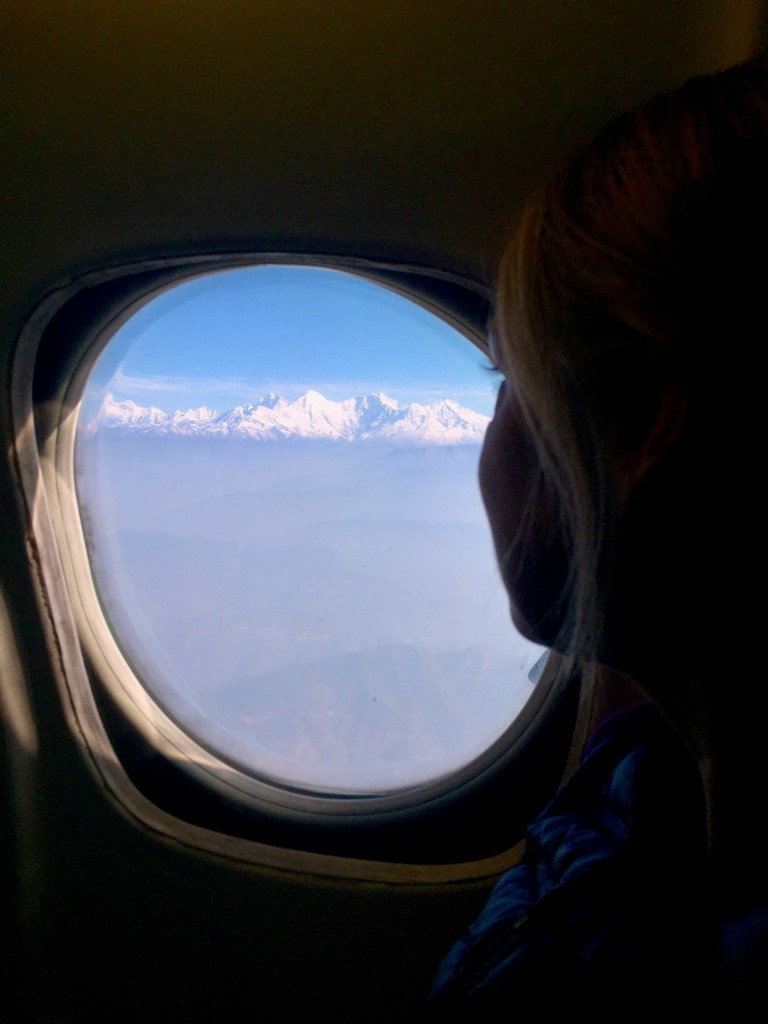
There are obvious, predictable downsides to living overseas.
You can brace for homesickness on a level that feel like a chronic stomachache. You’ll romanticize all the missing comforts of home — in my case, the smell of Downey fabric softener. You’ll count the days until your holiday visits or permanent repatriation.
But, nobody tells you about irreversible personality shifts you must balance with the utmost care when you do get “back home,” to avoid coming across like an arrogant ass.
I have behaved like a jerk — a big one, at times — when returning home after a cumulative six years spent abroad for my husband’s career with Nike. I’m going to share some of my unfortunate missteps with you, as a cautionary tale to help prevent others from behaving as poorly.
Don’t overshare with strangers
Friendships form fast during expat assignments. When you only have a finite time before the exit door opens, connections happen rapidly and deeply. Similar to the speed-dating concept, it’s not uncommon to meet someone on Monday, arrange an evening out with the family for Saturday, then plan a vacation together next month.
Boom! Best friends!
It’s addictive and thrilling to rush into uncharted territory together with courage and confidence of companionship.
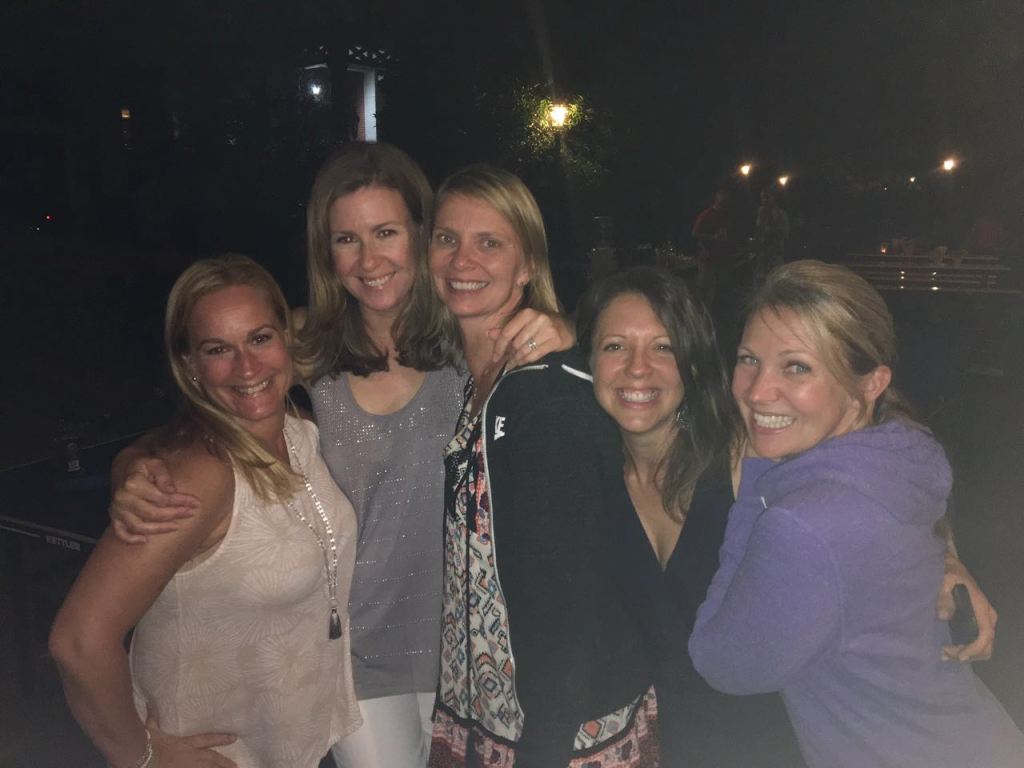
However… this is not how most connections get made back home, especially in a non-transitory place like my hometown. I’m from Portland, Oregon, a once-upon-a-time quiet city full of people living within a 10-mile radius of their childhood homes. Compared to bigger cities, we don’t have a ton of “new people” coming every year. Worse yet, we Pacific Northwesters feel nervous about “outsiders” rushing in to claim our sliver of paradise, and our culture tends to be far more standoffish and reserved than, say, the American South.
When merging back onto the friendship circuit back home, you need to downshift. Otherwise, you’ll find yourself inappropriately oversharing in awkward encounters. Here’s one example of my unsuccessful attempt at community-building:
“Oh, your daughter is in 5thgrade, too? She should join my daughter in this new gymnastic program we found for 10-year olds. We could carpool, and then they could work together on homework for the 30 minutes before class! Does she have Tuesdays and Thursdays open on her calendar?”
Their facial expressions will give you the first clue. Look for a slight parting of lips as they try not to gape, and raised eyebrows in surprise by sheer overwhelment. The next clue will be a physical distancing, perhaps a gentle step back. You know you’ve really overstepped boundaries when they suddenly get a silent phone call and need to take it.
New acquaintances will feel like you’re rushing the relationship — which, to be fair, you probably are!
Take it slow. Nobody wants to get coffee from an initial meeting at the school bus stop. People are really busy with the lives they have built during the year(s) you were away — and, more importantly, you probably come across as a little creepy and desperate.
Don’t be a jerk. Start with a greeting, read the room, perhaps introduce yourself, then PAUSE. Wait for them to open the door for more conversation. Find a fidget spinner or other ways for you to take out your energy, if necessary, while you bite your tongue.
Don’t overshare with friends
Most corporate overseas assignments span two to four years. By the end of the first year, even your closest friends back home have gotten tired of hearing all about your exotic experiences — which are neither relatable nor at all relevant to their own lives.
Even if you consider yourself a down-to-earth person, and your friends seem genuinely interested in the beginning? Constantly chatting about your foreign adventures will make you sound pretentious.
Give it a rest! Ask people about their lives instead, and listen actively. If the topic is the woes of middle school club soccer? Resist the opportunity to describe all the issues your kids have faced navigating European soccer / football programs. (Relevant to you? Hollow to others.)
Don’t be a jerk. To avoid ostracizing yourself, you need to adjust to being more of a listener than a sharer during this time. The health of your long-distance, long-term friendships depends on it.
Don’t become a snob
One of the enormous benefits of living abroad is the opportunity to immerse yourself in rich and dynamic cultures. Perhaps you became a sushi connoisseur while living in Tokyo, like my family did between 2009 and 2012?
What a dreamy lesson… until you return to your landlocked hometown and discover that your sophisticated new tastes have outpaced reality. (Even though Oregon borders the Pacific Ocean, few sushi restaurants here can compete with our memories of dining at Kakaiya.)
Don’t be a jerk. Smile and choke down the figurative sushi.
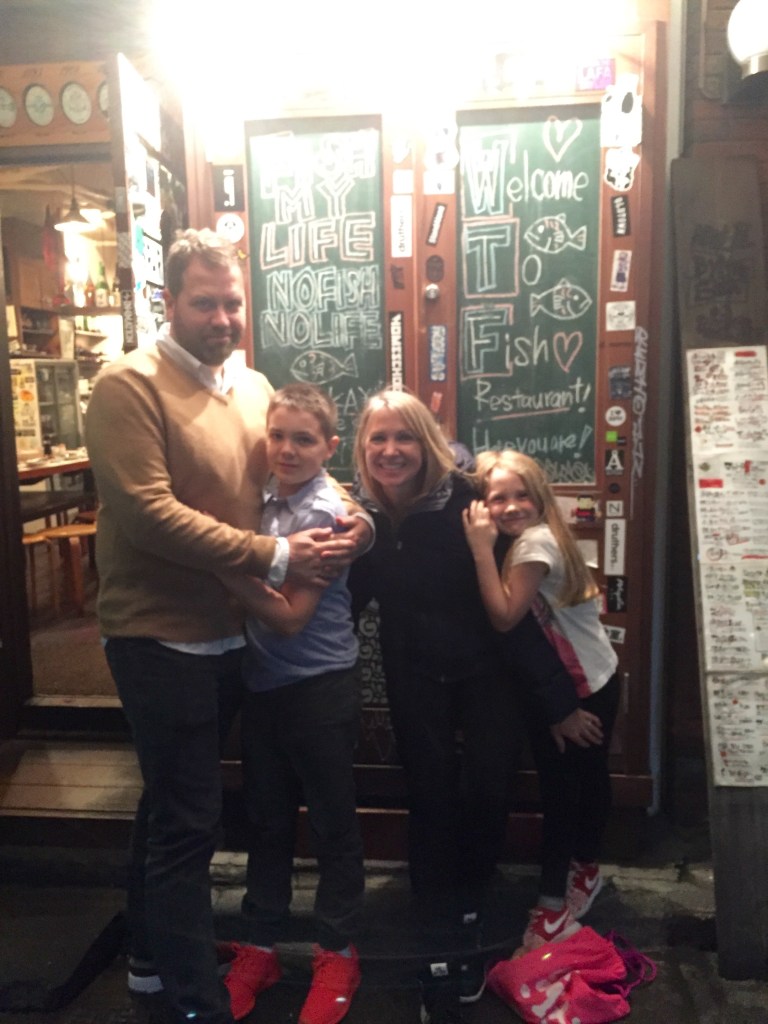
Fortunately, expat experiences can also make you more open-minded. In contrast to my sushi snobbery from our time in Japan, our later years in Shanghai (2015-2018) made me far less discriminate when it comes to reflexology storefronts. Sign me up for any and all foot massage salons! The routine, the touch, the tea? Everything brings back comforting memories. I even enjoyed the first massage where I gripped the velour arms of the recliner and nervously laughed at all others patrons who seemed to be near asleep while I was in agony (especially that move when it feels like they are scraping a piece of shard glass over the top of the big toe, holy moly).
Roll with your local options and relax your standards a bit. Everyone is doing their best.
Don’t bitch and moan
Congratulations if your expat journey has been smooth and enjoyable! But for everyone who has experienced some bumps along the way, it’s important to avoid turning that into an overly critical rant about your adopted city or country as a whole.
One of our overseas relocations brought us to a beautiful city, a must-see for world travelers. I can give you a fantastic itinerary to get all the fun out of it on your visit. But if you press me about the honest truth about what it was like to actually live there, I’ll be tempted to describe the broken beer bottles on every sidewalk, the rude attitude of the locals, the endless paperwork to establish anything, the never-ending drafts from every window or door — and encourage you not to spend more than three days there, maximum.
At some point, maybe I’ll notice glazed-over eyes signaling me to stop and change the subject.
(For more on this topic, check out my previous blog post on When a Family Member “Fails” an Overseas Assignment.)
Don’t be a jerk. A simplified version of your negative experience — i.e., “It just didn’t work for me.” — will suffice. Your detailed complaints aren’t fair to the poor location that can’t defend itself, nor to the listener who probably just wanted to make polite small talk.
Don’t forget how lucky you are
At the risk of sounding ridiculously elitist, even the vacations you take to unwind from the stresses of expat life will risk ruining you for “normal” life.
You’ll be convinced the air is cleaner and fresher atop the Swiss Alps! You’ll gasp at the jaw-dropping sunsets at Southeast Asian beach resorts! You’ll count your blessings after visiting urban favelas.
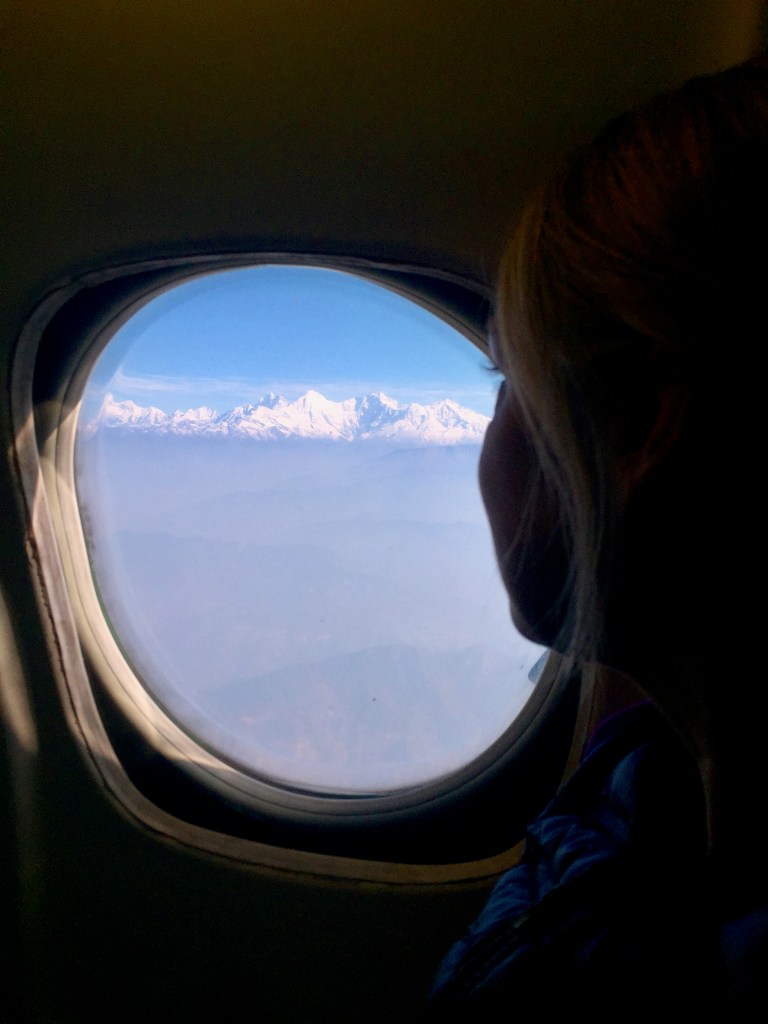
Every heavenly, otherworldly vacation wakes you up more deeply than ever before. But it comes at a cost. How can life back home — even vacations there — compare to so much accessible excitement and (relatively affordable) luxury?
Obviously, this is a first-world problem. In fact, all of my problems have been first-world problems. Very few people in the world get the opportunities for employer-funded expat adventures that change your perspective forever. Acknowledge it and appreciate it.
Just, you know. Try try not to be a jerk about it.

